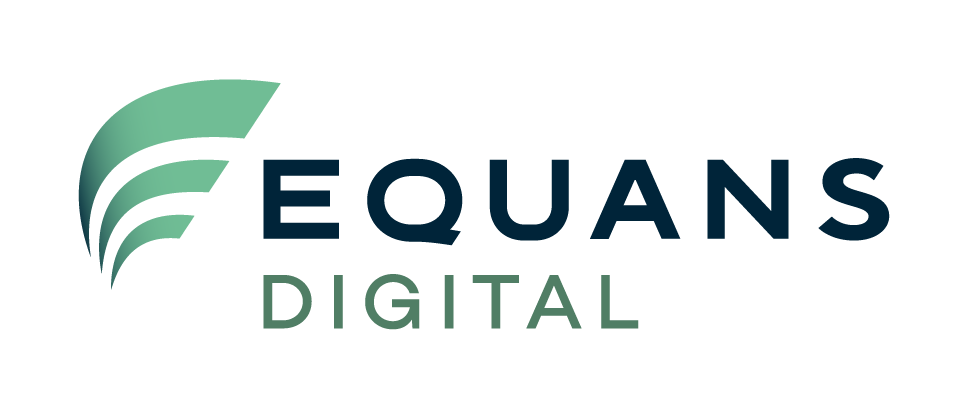Towards the digitalization of our industries
The digital transition of our industries is a strong lever for growth.
In fact, the use of digital tools makes it possible, among other things, to optimize installations and anticipate constraints as well as events.
Positioning oneself as an ambassador for Industry 4.0 enables us to benefit from human and technological responses to industrial issues.
Industry 4.0 rests on 3 fundamental pillars
Optimizing and anticipating our processes
The installation of sensors and PLCs enables instrumentation, automation and the generation of real-time reports. Interpreting this mass of raw data enables us to optimize and anticipate our processes. As one of the objectives of Industry 4.0, the unification of these information systems on a supervision or Hypervision interface improves performance and has a transverse impact on all stakeholders. The implementation of robotic / cobotic devices enables employees to gain in productivity and make production processes more reliable.
To go a step further, Industry 4.0 also meets the challenges of anticipation and continuous improvement of production lines. Implementing models
algorithmic and intelligent models make it possible to analyze and interpret the raw data generated by installations and systems. This immediate analysis enables the anticipation and prediction of future constraints, as well as the simulation of potentially risky events.
The use of intelligent models also makes it possible to act on a company growth lever, which is the control of energy performance. This growth lever specific to Industry 4.0 enables any company to control its costs and performance. In the face of environmental challenges, the decarbonization of our industries is taking place on every scale.
